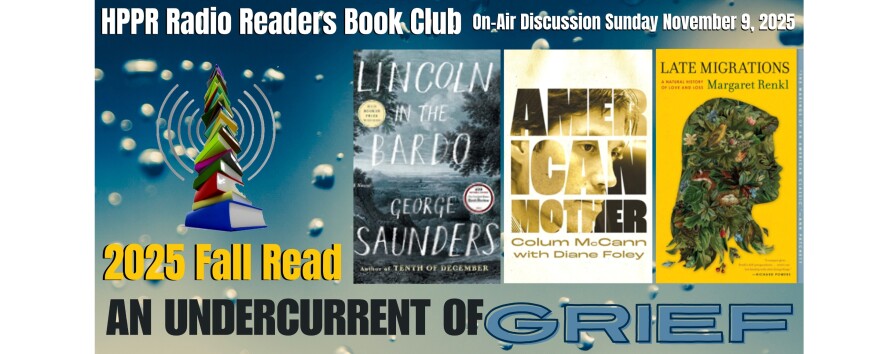Hello, I’m Charles Jones, retired Director of the KU Public Management Center and author of 2022 Kansas novel The Illusion of Simple. As part of the High Plains 2025 Radio Reader’s Book Club, I’m here discuss Sara Vowell’s 2009 best seller, The Wordy Shipmates: a book that details the 1630 New World arrival of the Massachusetts Bay Colony, founders of what would become Boston, and how that early experience continues to shape American life and politics.
During my tenure at the Public Management Center, we extended the reach of our offerings – particularly the Certified Public Management program – all acoss the state: including a long-standing presence in Garden City, Dodge, and Liberal. So hello to all the former western Kansas students who might be listening to this broadcast. It was such a joy to work with you.
I still think a lot about the high plains west of Highway 81. Partially as it is the setting of my own literary effort, but also as my wife and I pass through several times each year. I am always struck by the beauty of its rolling topography, the booming agriculture, the small towns and open skies. And we never fail to dial into HPPR, especially when “Western Swing Radio Rambler” happens to be on the air.
Those windshield hours often set my mind to wandering: about place and people and how they came to be what they are. This leads us back to Sarah Vowell, whose book deep dives into our colonial history.
I suppose people have always been driven to new settlement for the same basic reasons: to pursue economic opportunity, to escape some form of oppression, to find community. And I suppose history’s pilgrim’s have faced the same basic threats: start up costs, accommodating to new environs, conflict with native populations, and surviving internal disagreements.
Vowell’s book adds beautifully to these Pilgrim stories of courage, will, toughness, and invention. She makes us proud of who we are and where we came from. But as a clear-eyed writer of Cherokee descent and self-described “culturally Christian atheist,” she does not shy away from those aspects of the American story that should give us pause. That should remind us that not all of our fellow citizens rise from the same historical foundations, and not all have enjoyed the same benefits. That manifest destiny was, at best, a double-edged sword and, at worse, racism and genocide.
I like that duality in a book. A truthful telling that properly balances the good and bad. That causes us to do the hard work of giving good weight to both our successes and failures. That ask us to define our ethics and legacy, and the values we would pass along to coming generations.
Make no mistake about it, Sarah Vowell is funny. Light handed and wry. A lovely, and insightful companion in this literary stroll through the founding of America. But beneath the smiles and giggles, this books leads to some very serious questions about who we are as a nation, and what we aspire to become.
I hope you’ll take a look at The Wordy Shipmates and join the High Plains 2025 Radio Reader’s Book Club.










